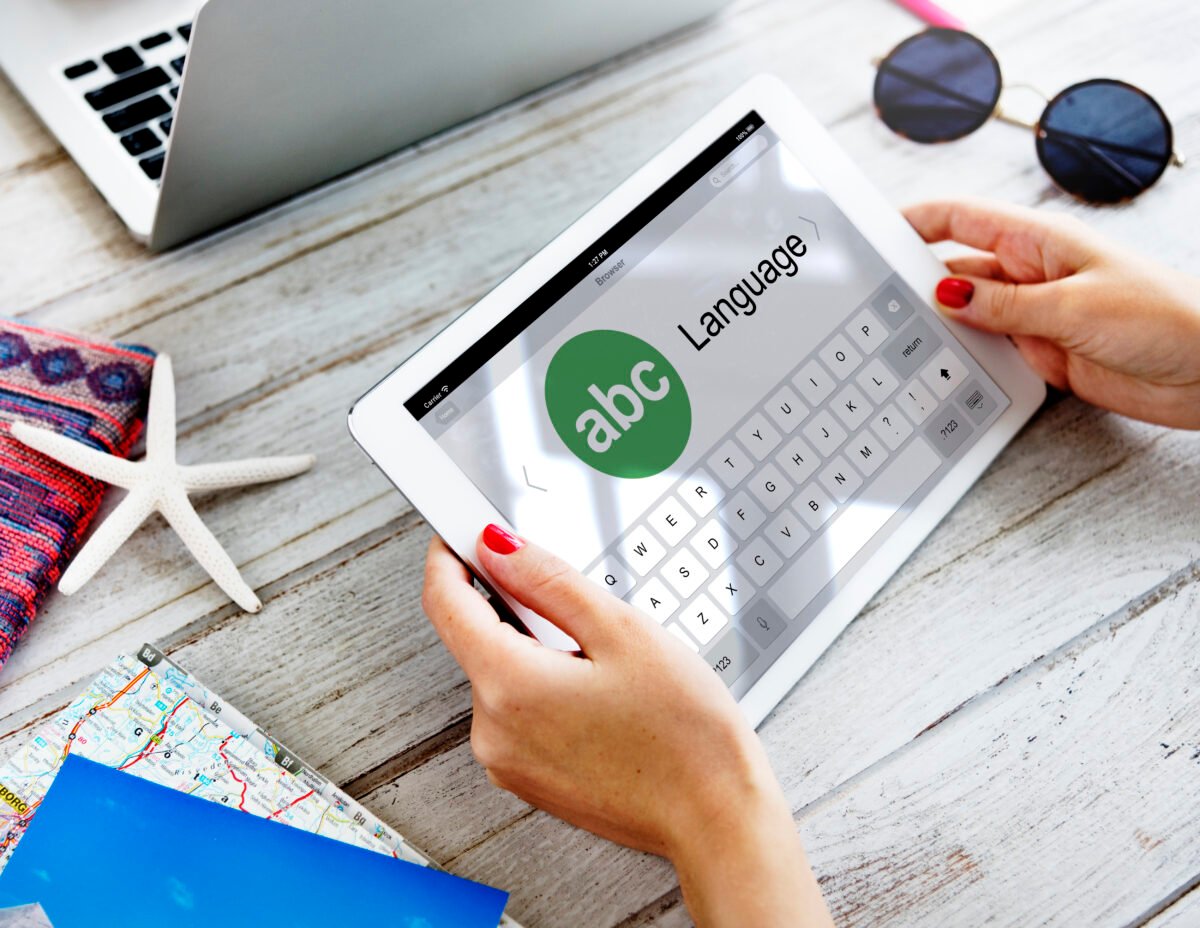Turkey has always been a trade route where cultures met, and new ideas spread. That same position now makes it one of the most strategic markets in global business. Companies from Europe, Asia, and the Middle East see it as a natural gateway into new opportunities. But entering Turkey takes more than opening an office or launching a website. However, without clear communication, even the best strategy can lose its power.
Strategic Role of Turkey in Global Business
Turkey bridges two continents, which gives it a unique advantage in global trade. Its ports connect to both the Mediterranean and the Black Sea, while its roads and rail lines tie Asia to Europe. This position makes it a natural route for goods moving in every direction.
But geography is only part of the story. Turkey is also blessed with a broad and resilient economy. It is a powerhouse of all major industries like textiles, automotive, electronics, agriculture, and tourism. On top of that, the country has a young, digitally savvy population. For investors, it offers both a strong industrial base and an expanding consumer market.
But here’s the catch. Many companies assume geography and economics alone will open doors. But that’s not the reality. Customers respond to culture and language as much as they do to price and product. That is why understanding how to communicate in Turkish is crucial.
The Language Factor in Market Entry
English indeed dominates global business, but not everywhere. In Turkey, relying only on English can limit growth. Yes, many professionals speak it, but the majority of buyers, workers, and partners trust messages in Turkish more.
Now picture it from the customer’s view. Would you agree to a contract or purchase a product if the language felt unclear? Most people wouldn’t. A buyer reading a manual in clear Turkish feels respected. A traveler booking a tour in their native language feels understood. Even in B2B deals, using Turkish creates a stronger sense of trust.
Legal clarity is another reason language matters. Contracts, compliance papers, and technical manuals cannot risk ambiguity. One unclear phrase in English can spark disputes, while precise Turkish ensures smooth agreements.
In short, language does more than translate words. It builds confidence, and confidence drives business.
Turkish Translation Services: The Competitive Edge
Companies that invest in Turkish translation services position themselves ahead of competitors. Instead of typical word-for-word translations, they adapt content that feels natural to Turkish readers.
Marketing slogans, product descriptions, and even social media posts must sound local. A literal translation might be accurate on paper but flat in emotion. Skilled translators adjust tone and style so the message actually connects.
For companies, this becomes a clear advantage. People are far more likely to trust a brand, interact with it, and make a purchase when the message feels natural in their own language and culture.
The Role of a Professional Translation Agency
Working with a translation agency does more than convert text from one language to another. It brings cultural knowledge, industry expertise, and technical accuracy. Businesses entering Turkey quickly learn that every sector has its own language demands.
Technology also plays a role. Agencies today don’t just deliver text files. They handle websites, apps, and digital platforms to make sure every word is ready for Turkish users. In this way, a translation partner becomes part of the growth strategy, not just a vendor.
Cultural Nuance in Business Communication
Words carry culture. In Turkish, expressions often reflect respect, gratitude, or community spirit. Businesses that miss these subtleties risk sounding distant. A slogan might end up awkward, or a campaign could feel tone-deaf. Localization prevents these mistakes. It makes the brand feel local, even if it comes from abroad.
This cultural sensitivity builds relationships. In Turkey, partnerships often grow from trust as much as from financial terms. Using language with respect shows commitment, and commitment opens doors.
Digital Transformation and Language Needs
Turkey’s digital market is growing at a fast pace. Mobile shopping and social media are changing how people discover and interact with brands. For global companies, digital channels often provide the fastest way to reach local customers.
But here’s the problem: digital platforms need more than direct translation. Websites must be adapted so Turkish users can find them easily, and social posts need the local tone people expect.
Without careful adaptation, companies risk losing potential customers before any real contact is made. But if localization is done in the right manner, they can easily leave their competitors behind. In Turkey, where younger generations spend much of their time scrolling on the internet, digital localization is no longer optional but has become a necessity. Or you can say that it’s the entry ticket to lasting success.
Conclusion
Turkey’s market is strategic, diverse, and full of opportunity. But success here does not come from these factors alone. Effective and clear communication plays a vital role. Companies that invest in translation gain an advantage.
Connecting with experienced and professional translators, businesses can speak with clarity and cultural awareness. Translation helps global companies build trust, strengthen relationships, and improve overall performance.
